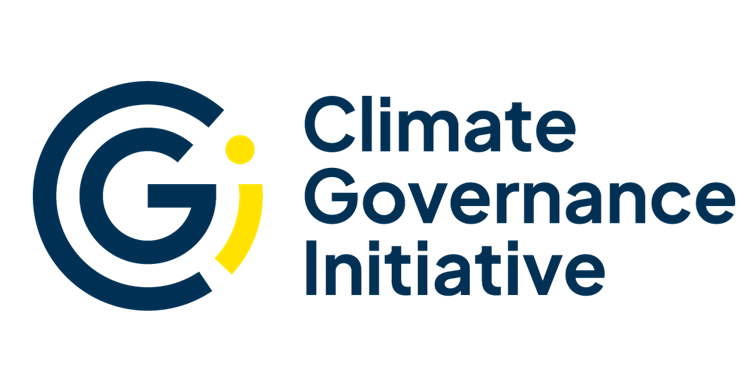
Host:
Climate Governance Initiative
Moderator:
- Antonia Gawel, Head of Climate Action, World Economic Forum
Panellists:
- Rahul Bhardwaj, LL.B, President and CEO of the Institute of Corporate Directors
- Clarissa Lins, Founding Partner, Catavento Consultoria
Businesses are at the forefront of driving climate action. While regulations currently lag behind IPCC guidance, the private sector is driving change toward lower-carbon pathways. In the final scene setting session of the day, introducing the portion of the programme focussing on the Americas, Antonia Gawel moderated a conversation with Rahul Bhardwaj and Clarissa Lins on the Global Summit’s theme of Ambition to Action. This high-level discussion focussed on current drivers and challenges for boards, and the tools that are available to help directors meet these challenges in the transition to net zero amid a changing regulatory landscape.
First, the speakers reflected on the current state of the climate agenda in the boardroom. Regional differences have a huge impact on the speed the agenda progresses at the board level; where there is high demand for action from regulators, the public and investors, it is easier to have climate as a top priority. What is missing is a level playing field – in the form of universal carbon pricing and climate policy landscape – to ensure that companies in different regions are moving in the same direction.
In a changing landscape, boards are being asked to shift their mindsets from looking at the impact of the climate on the company to one that also considers the impact of the company on the climate. There is a balancing act required between short- and long-term priorities, and between corporate performance and climate positive outcomes. Fortunately boards are rich with multiple skillsets that can help. Financial experts, climate experts, audit experts and others on the board can all contribute their expertise to these challenges. The speakers recommended conducting deeper conversations at the committee level and utilising the skills on your audit committee to curate and analyse data. This internal collaboration could be supplemented by bringing in outside experts to speak to your board.
Collaboration and information sharing between directors is an opportunity to accelerate change. People understand the ‘what’ of climate action, but there’s a greater need to understand how to deal with climate amid other priorities. Directors should seek out opportunities to connect with colleagues to share experiences and learn what has worked and what hasn’t.
The speakers advised that directors pay attention to climate litigation cases, because those are likely to set precedents for policies and regulations that are applicable worldwide. Regulation could fast-track corporate action on climate, but if directors wait for the right regulation and legislation to come into effect, the transition to net zero is unlikely to happen as quickly as the crisis demands. Boards can fill that gap by focusing on opportunities, not just on ticking regulatory boxes. Legislation like the Inflation Reduction Act (USA) is going to spur investment by creating new spaces in the economy. Companies that frame this as an opportunity will be able to act quickly as those regulatory frameworks are assembled.
Regulations in development have a strong focus on transparency and disclosure, placing a high standard on companies to provide quality data about their environmental impacts. There is uncertainty about how ready businesses are to provide adequate, accurate data. Directors have an opportunity to engage with these regulations to be more aware of – and to help shape – the data they will be expected to provide.
As the session closed, both speakers emphasised that while climate is a global challenge, directors need to focus on the work within their reach. There are tools to help balance capital benefit and decarbonisation, but both regulation and corporate governance need to reflect the speed and scale that we all need.
Ambition to Action: Key actions for boards
This conversation contained several key actions for boards to focus on to engage in effective climate governance and have a positive impact on climate:
– Directors need to prioritise climate, finding the time and space to convene strategic discussions.
– Directors should pay close attention to climate litigation to understand the risks and responsibilities they face in a changing legal landscape, and engage with corporate and climate data. Audit committees may be able to help.
– Regulation supports action, so strong, effective regulations are positive for businesses who want to make progress on climate.
– Education is critical in ensuring directors know what they need to address. Directors need more information and examples of the ‘how’ of climate governance through case studies, and sharing of experience among peers. Therefore, being connected with other business leaders to is critical.
– Focus on what is within your reach while keeping the global picture in mind.
This summary was provided by the session hosts.